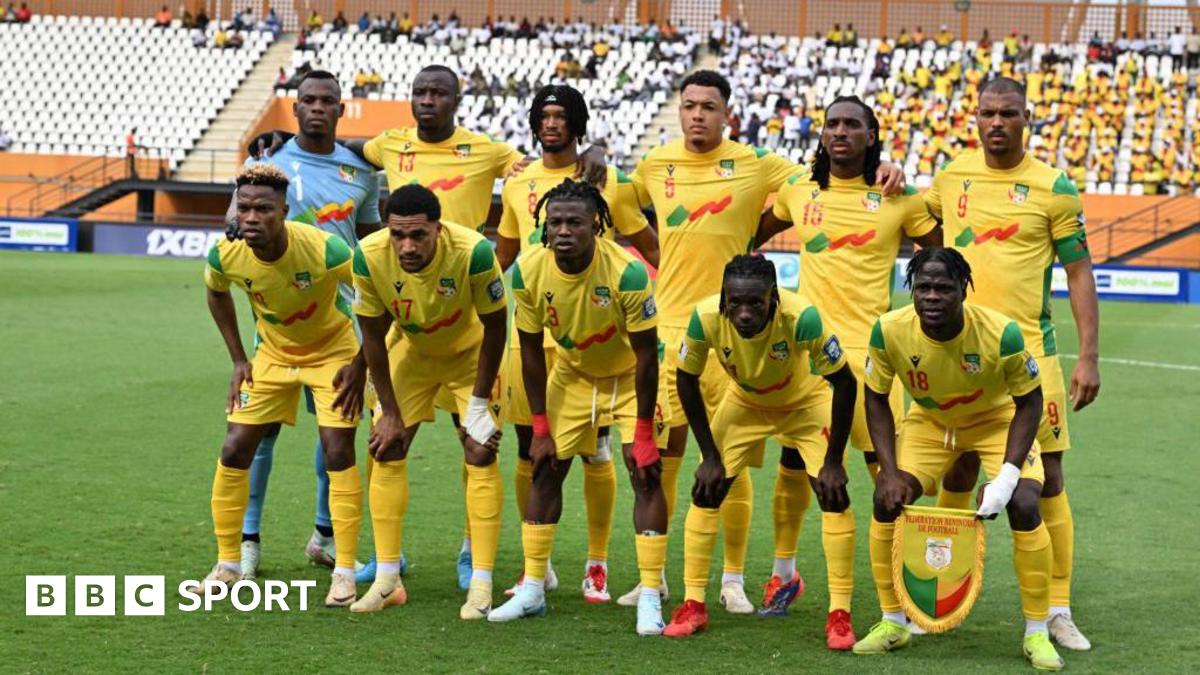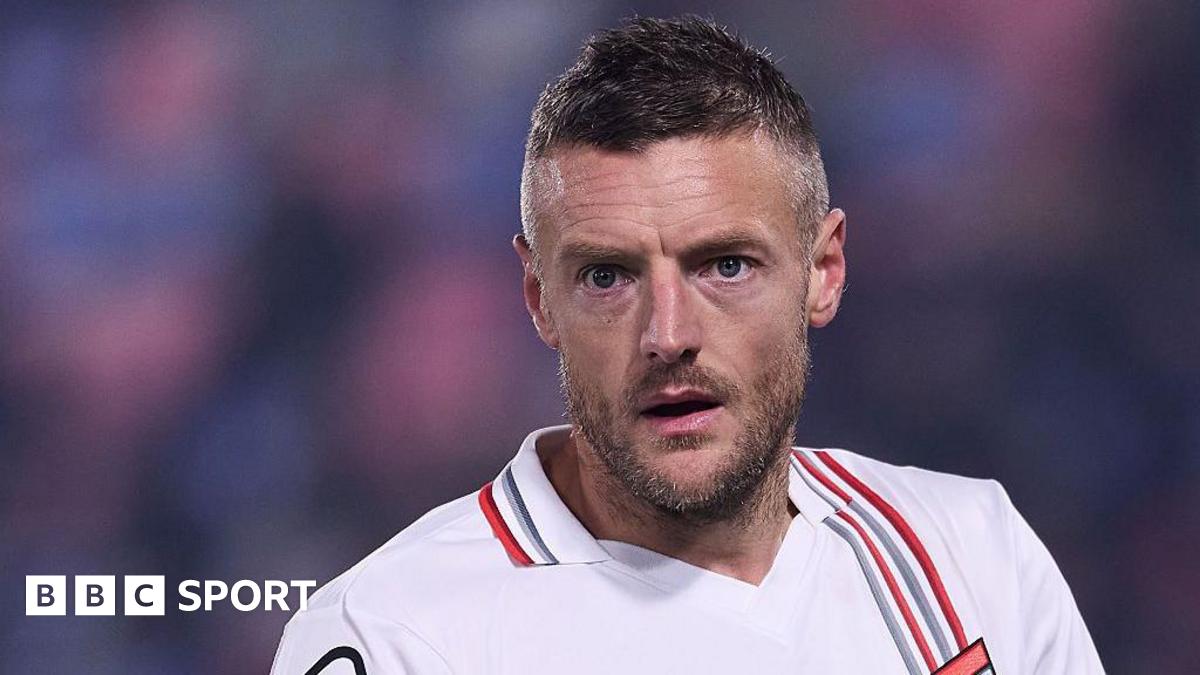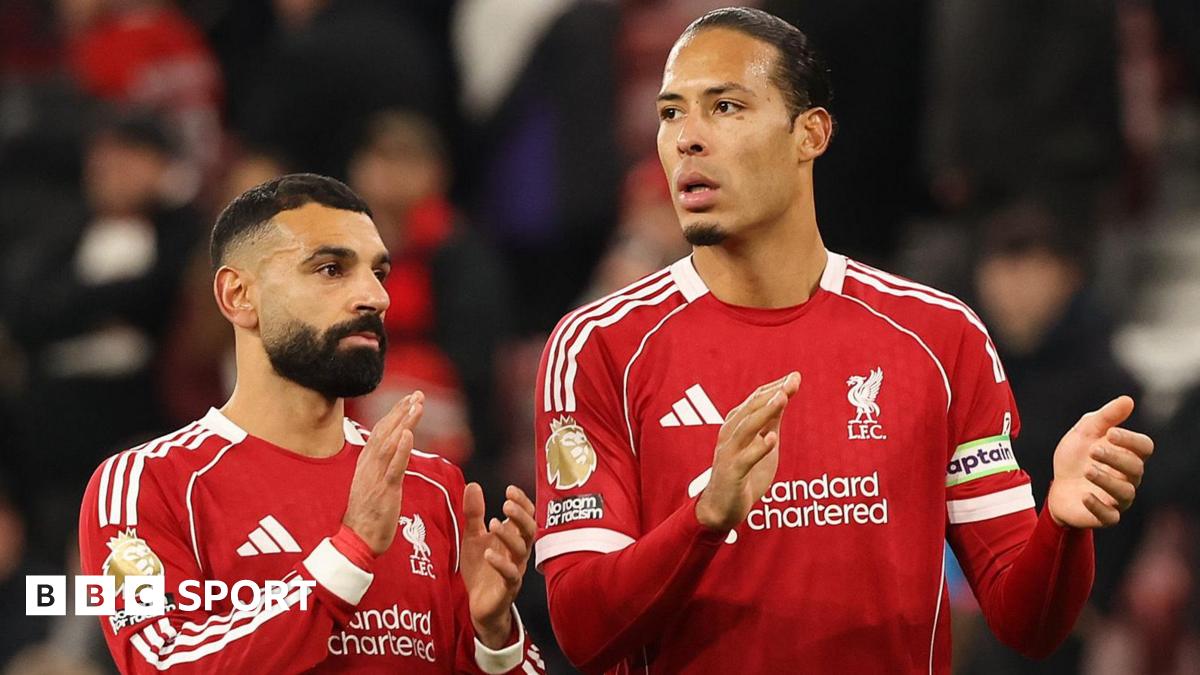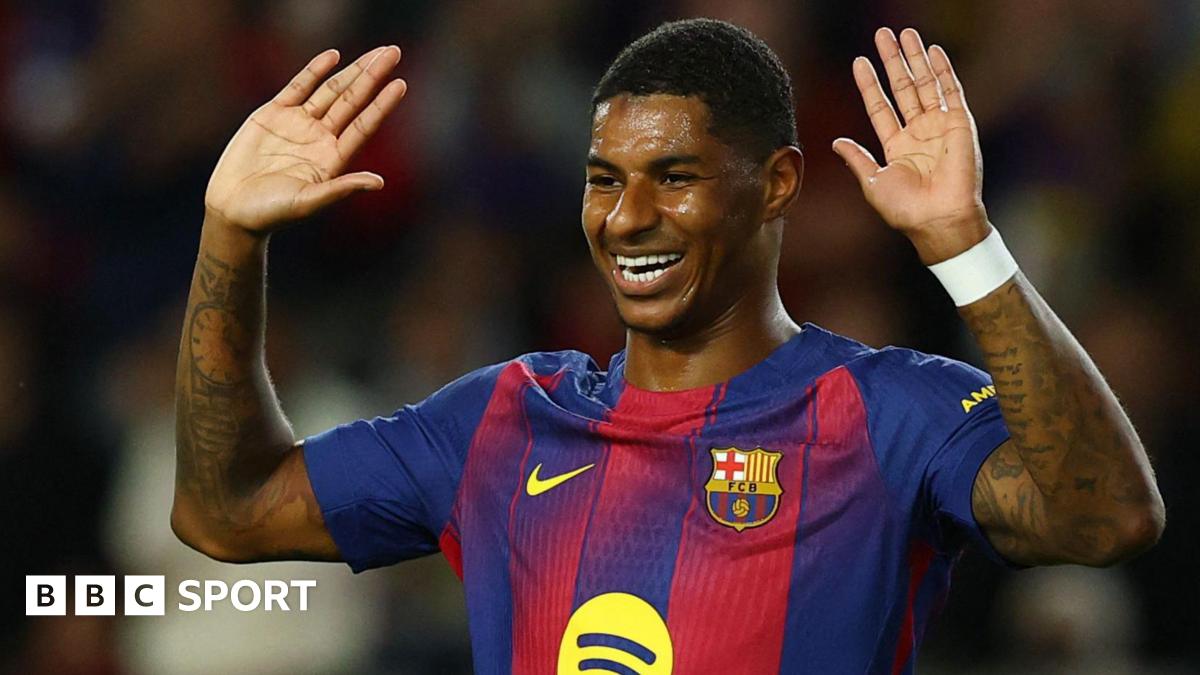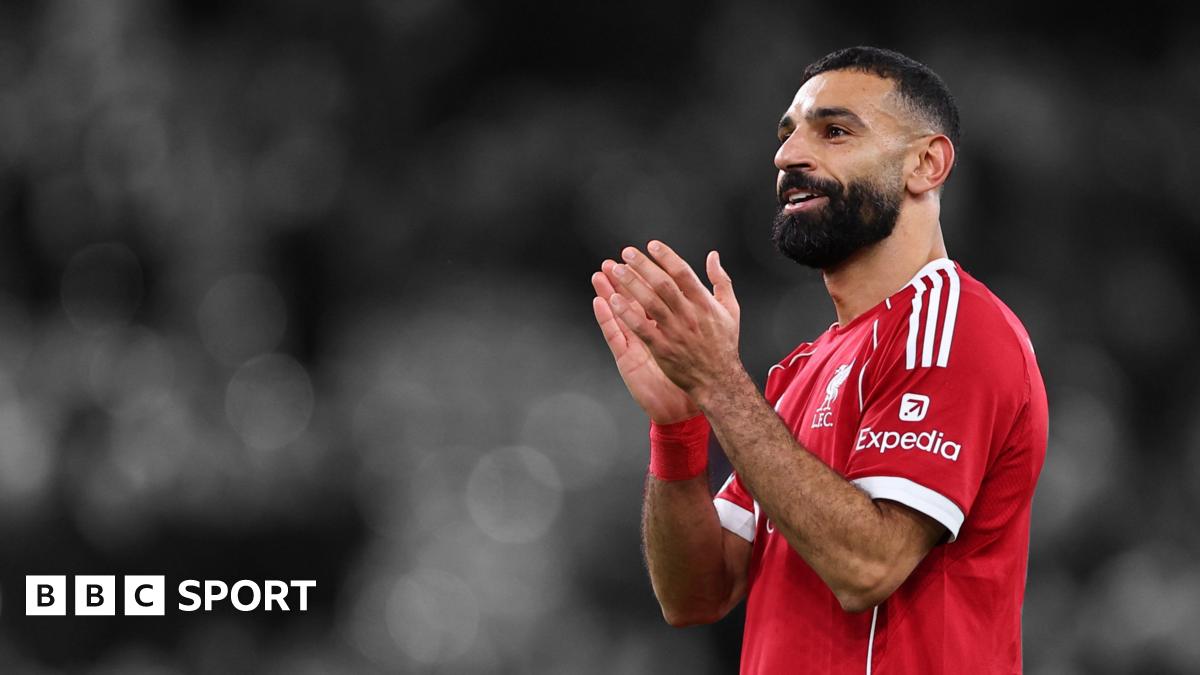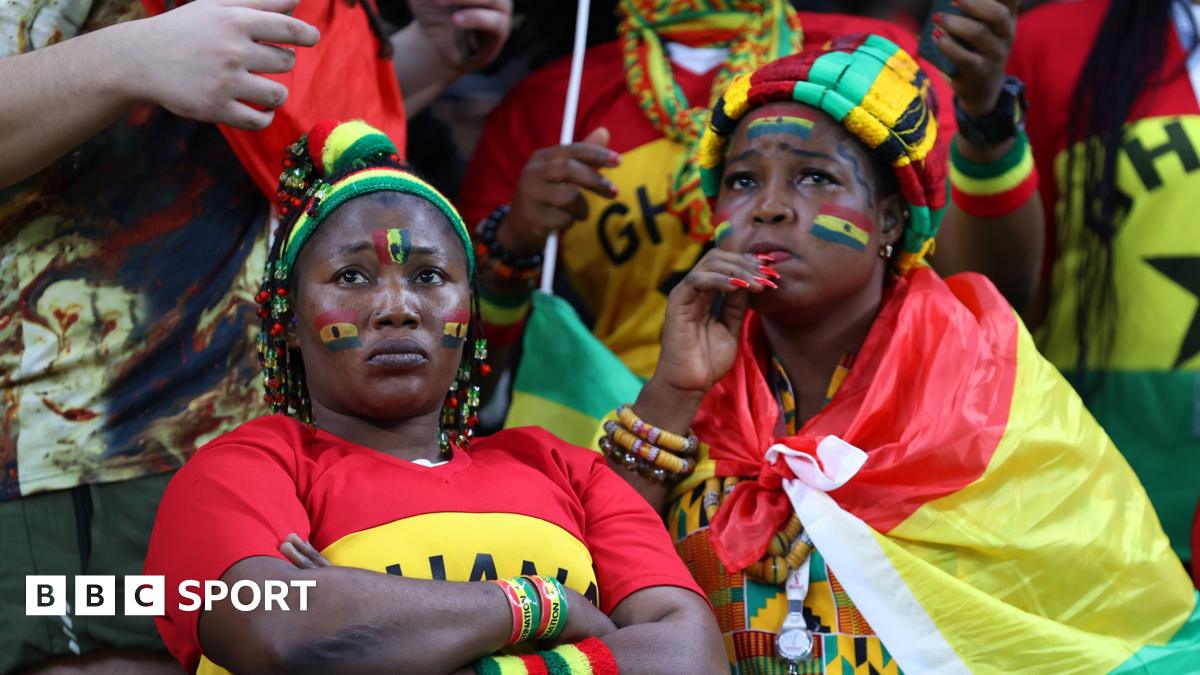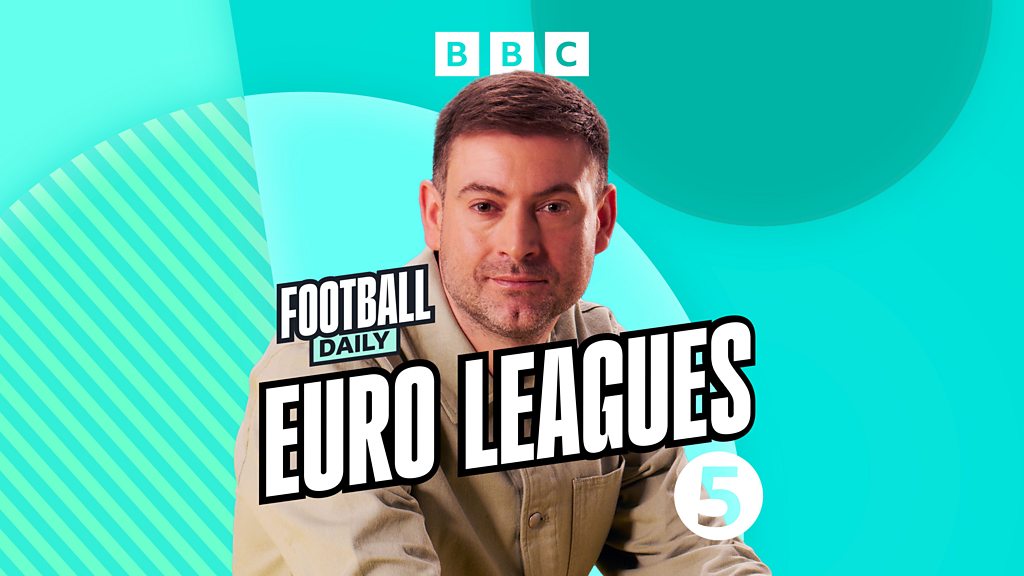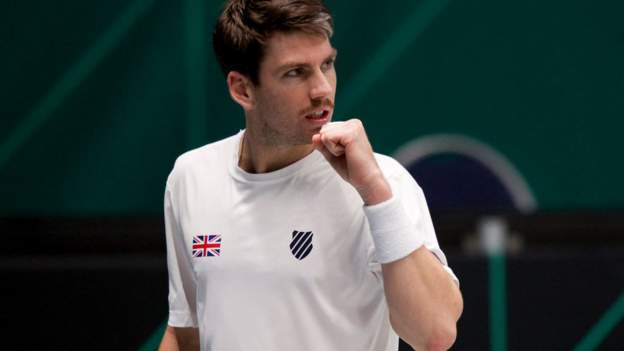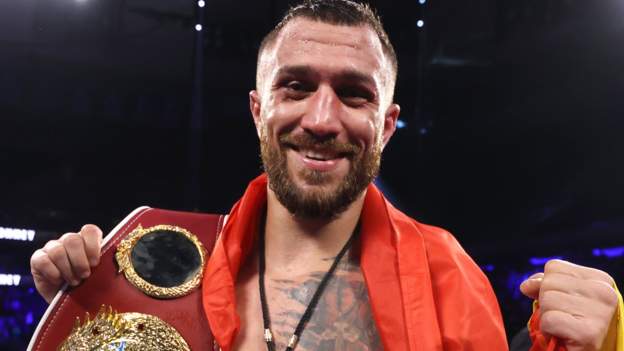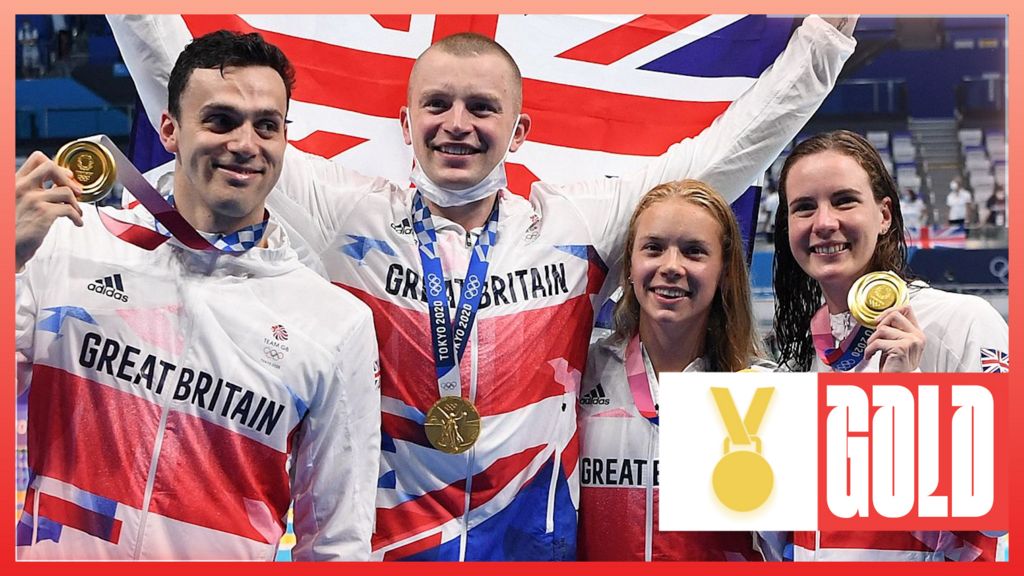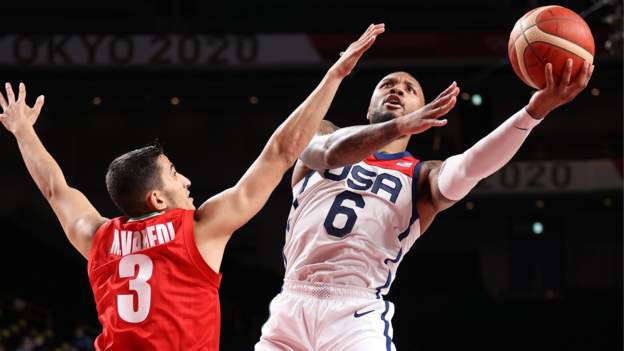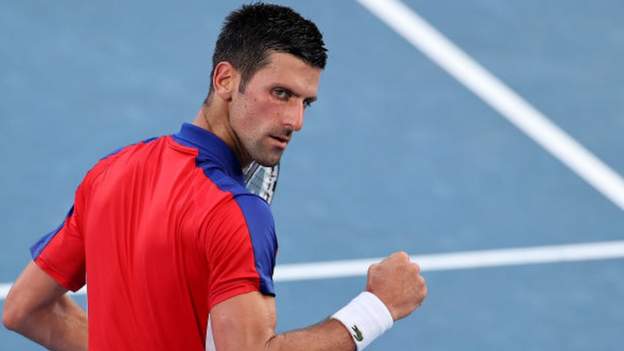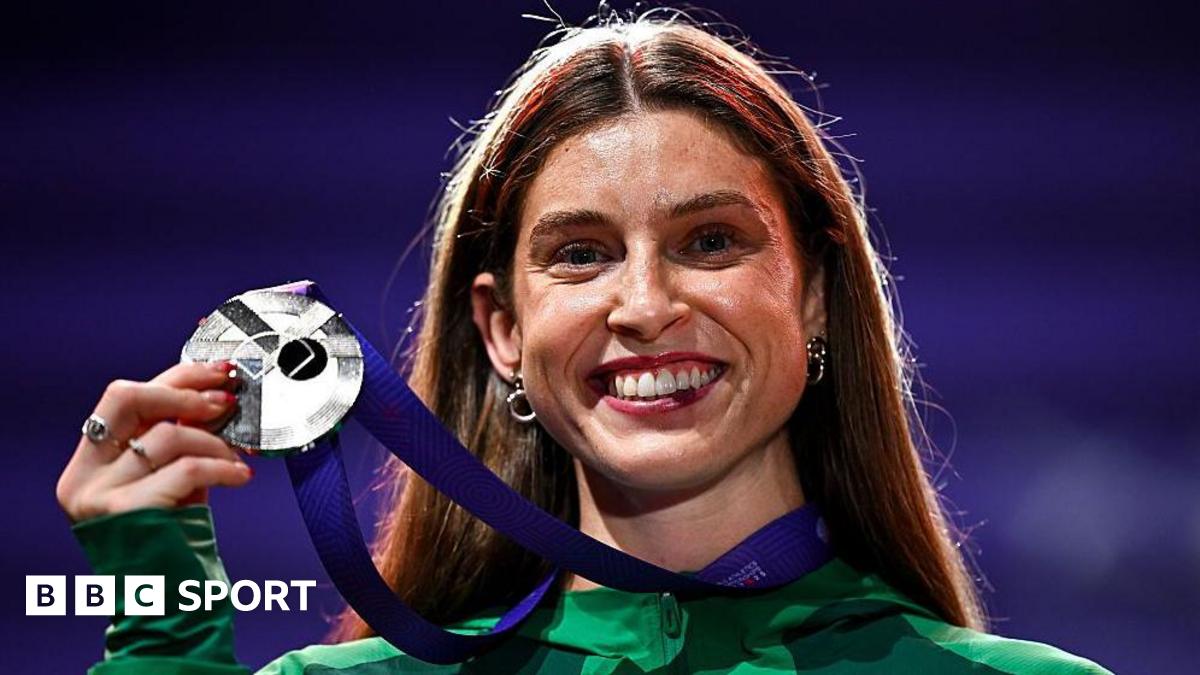Great Britain and Serbia have been awarded wildcards into next year’s Davis Cup Finals, which are likely to be spread over two continents.
Abu Dhabi is a front runner to host the quarter-finals onwards, with group ties played in four different cities.
European cities are likely to host those, with players set to cross at least three time zones mid-Finals.
“They are going to have still two days for resting and adapting,” said Enric Rojas, the CEO of Kosmos Tennis.
Speaking to BBC Sport, he continued: “I can’t see the jet lag at all because there is not that much time difference if we finally go there [Abu Dhabi].”
A five-year deal to host the knock-out stages in Abu Dhabi has been brokered by the International Tennis Federation’s (ITF) commercial partner Kosmos.
The plan was due to be signed off by the ITF Board in Madrid this week, but is now expected to be finalised over the next few weeks.
The 2022 Finals will be a 12-day event, featuring 16 teams, and will begin on Tuesday, 22 November.
Both the group matches and the knock-out stages will be played on indoor hard courts, and players will have two days to acclimatise after taking chartered flights to Abu Dhabi on the night of their final group match.
“Going to four cities for the group stage makes a tremendous amount of sense,” ITF President David Haggerty told BBC Sport.
“It’s going to have that loud passionate audience that we want, that home and away feeling, and I think that’s going to be great.
“I think we want to make sure that wherever we go for the Finals that we have a big base of travelling fans, and I think that’s one of the things that we will be able to do: to make sure that we have subsidies and ways that we can make it easier for those fans to travel, wherever the final location is.”
The organisers say 105,000 people bought tickets for this year’s matches in Madrid and Turin. A further 15,000 tickets had been sold in Innsbruck before the event was forced behind closed doors because of the latest Austrian lockdown.
The ITF and Kosmos hope packages provided by sponsors will make flights and accommodation cheaper, but the reality is the event will rely heavily on supporters from the state’s expat communities.
The proposed move was not initially well received by players, with some warning privately they will not be prepared to travel to the Middle East so late in the year.
And Australia’s Davis Cup captain Lleyton Hewitt, a long standing critic of the competition’s new format, thinks the move is “ridiculous”.
“If they are going and selling the soul of the Davis Cup to the Middle East for another five years, they are really killing the competition,” he said in Turin last week.
With Kosmos believed to have lost tens of millions of dollars on the inaugural 2019 Finals in Madrid, something had to change. The fee it will receive from Abu Dhabi will significantly ease its financial burden.
The Russian Tennis Federation and Croatia have already qualified for next year’s Finals as a reward for reaching this year’s title match, which starts at 15:00 GMT on Sunday.
With Serbia and Britain offered wildcards, the final 12 teams will be determined by a round of qualifying ties in early March.
Serbia, featuring world number one Novak Djokovic, lost to Croatia in the semi-finals of this year’s event, while GB were beaten by Germany in the last eight.
“Securing the number one in the world in our Finals, sporting wise, is the right call,” Rojas continued.
“Novak and the Serbian team were extremely committed this year.
“It was a very very tough decision to decide the second wildcard. Wildcards are for securing the best potential teams with some kind of threat of not qualifying, and we thought that having GB secured would be the right decision.”
Both countries have benefitted from wildcards before: Serbia this year, and Leon’s Smith team before the Finals in 2019.
The LTA is understood to be keen to host one of November’s group stages in the UK. The bidding process will formally be launched on 15 December.




